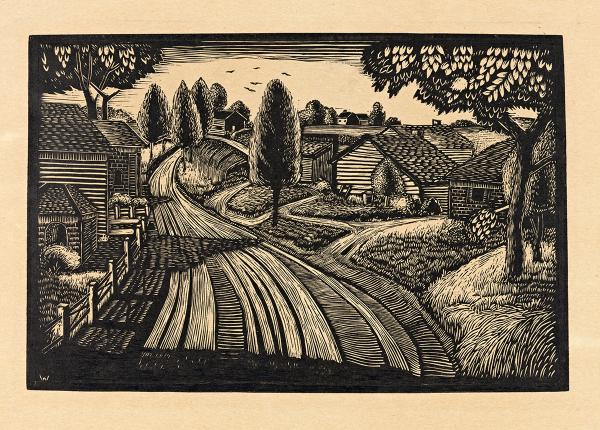EIHS Workshop: Crisis, Community, and Recovery: Past and Present
Richard A. Bachmann, Bryan Goh, Mix Mann, ToniAnn Treviño, Hitomi Tonomura
Format: This event will take place via Zoom webinar. Register here:
https://myumi.ch/ovXgd
Description: Crises, acute and chronic, are moments of ruptures that destabilize our sense and experience of time and space. Conceptually, crisis is one of the key concepts that help us think, re-think, and write about the past as well as the present. Does the experience of living through crises and disasters transform the way historians conduct their craft? What is the role of historical writing in the present moment of crisis, and in post-crisis recoveries? How has the COVID-19 pandemic made us rethink past ruptures of time and place, or past ruptures our present moment? For whom and for what purpose do we write histories of crises and recovery? How have communities envisioned and experienced processes of post-crisis recovery, and is recovery even possible? All of these questions have the potential to invigorate us in a lively debate on the purpose and politics of our discipline while also reflecting on some of the key conceptual categories that have theoretical and methodological implications for the writing of history.
Panelists:
• Richard A. Bachmann (Graduate Student, History, University of Michigan)
• Bryan Goh (Graduate Student, History, University of Michigan)
• Mix Mann (Graduate Student, History, University of Michigan)
• ToniAnn Treviño (Graduate Student, History, University of Michigan)
• Hitomi Tonomura (moderator; Professor; History, Women's and Gender Studies; University of Michigan)
This event presented by the Eisenberg Institute for Historical Studies. It is made possible in part by a generous contribution from Kenneth and Frances Aftel Eisenberg.
Description: Crises, acute and chronic, are moments of ruptures that destabilize our sense and experience of time and space. Conceptually, crisis is one of the key concepts that help us think, re-think, and write about the past as well as the present. Does the experience of living through crises and disasters transform the way historians conduct their craft? What is the role of historical writing in the present moment of crisis, and in post-crisis recoveries? How has the COVID-19 pandemic made us rethink past ruptures of time and place, or past ruptures our present moment? For whom and for what purpose do we write histories of crises and recovery? How have communities envisioned and experienced processes of post-crisis recovery, and is recovery even possible? All of these questions have the potential to invigorate us in a lively debate on the purpose and politics of our discipline while also reflecting on some of the key conceptual categories that have theoretical and methodological implications for the writing of history.
Panelists:
• Richard A. Bachmann (Graduate Student, History, University of Michigan)
• Bryan Goh (Graduate Student, History, University of Michigan)
• Mix Mann (Graduate Student, History, University of Michigan)
• ToniAnn Treviño (Graduate Student, History, University of Michigan)
• Hitomi Tonomura (moderator; Professor; History, Women's and Gender Studies; University of Michigan)
This event presented by the Eisenberg Institute for Historical Studies. It is made possible in part by a generous contribution from Kenneth and Frances Aftel Eisenberg.
| Building: | Tisch Hall |
|---|---|
| Website: | |
| Event Type: | Workshop / Seminar |
| Tags: | History |
| Source: | Happening @ Michigan from Eisenberg Institute for Historical Studies, Department of History |


